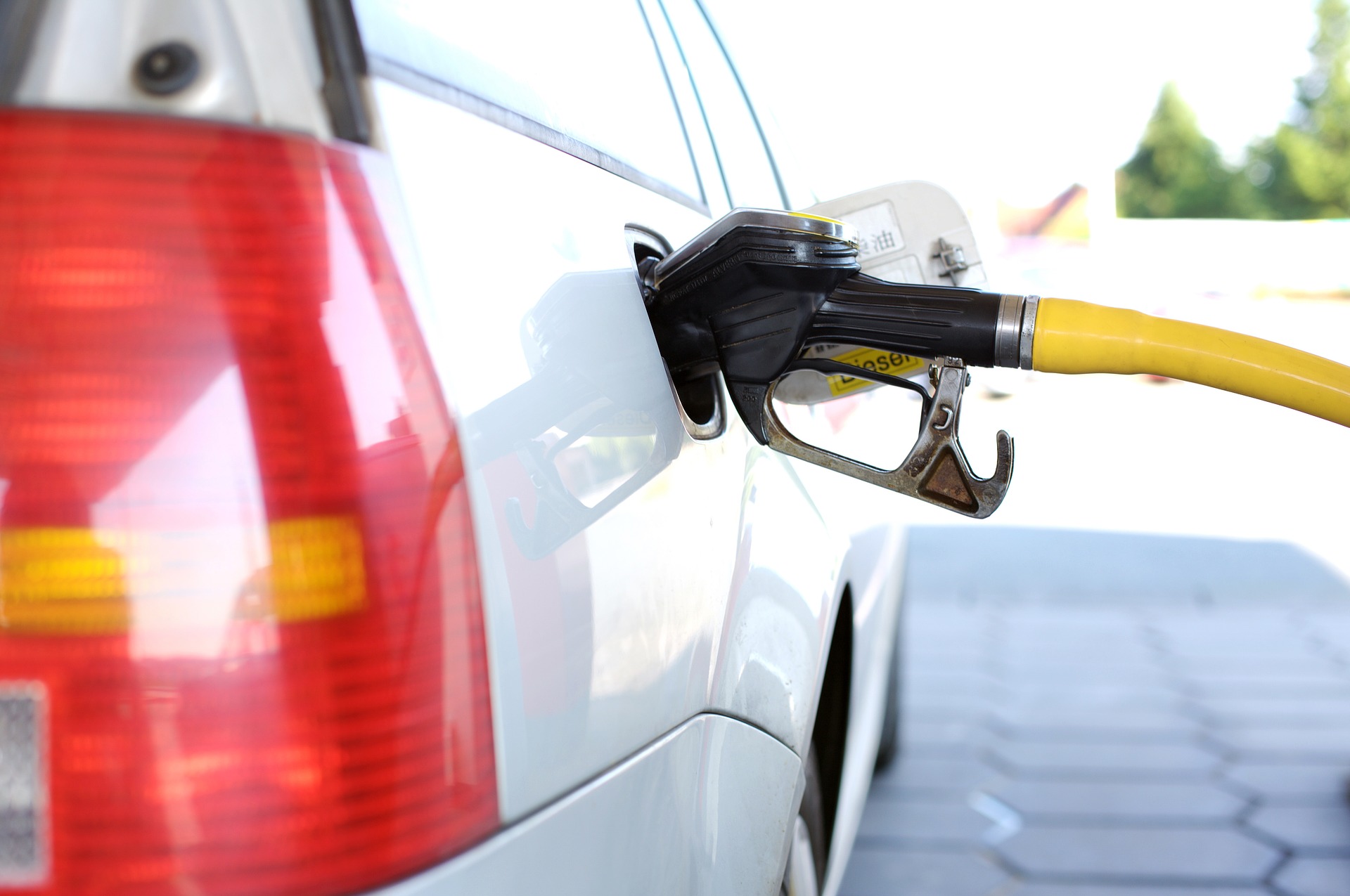
In recent days, the Russian oil sanctions in Brussels have come into force, and what we feared has happened, said Prime Minister Orbán.Continue reading
From Wednesday, the wholesale price of petrol and diesel will be reduced in Hungary, as reported by Holtankoljak.net, a Hungarian refueling website. The news was probably expected by everyone after the termination of the capped price for fuel last week; as a result, petrol is now only available at market prices.
The purchase price of 95 octane petrol per liter will be 20 forints less gross, while diesel will cost 15 forints less gross. In terms of average prices, however, individual prices at petrol stations have been changing constantly since the government abolished the price cap, so
it is not possible to say exactly how much a liter of fuel costs at the moment, as it can vary from station to station.
It is also possible that retail prices may not reflect the price reduction at all.
As reported by Index, oil prices are already at pre-Ukraine war levels, but this is not the case for domestic retail prices in Hungary. This is because of the forint exchange rate: a dollar, for example, costs around 100 forints more than it did a year ago.
Last week, Gergely Gulyás, the Minister heading the Prime Minister’s Office, and Zsolt Hernádi, CEO of Hungarian oil and gas company MOL, announced that the government was forced to lift the fuel price freeze. In the days leading up to the announcement, fuel supplies in Hungary had become disastrous, with people panic-buying and several petrol stations running low.
Since the lifting of the price cap, the situation has improved, but the supply of small petrol stations is still unresolved. According to Eszter Bujdos, manager of Holtankoljak.net, these outlets will not receive fuel from MOL this week either. MOL became Hungary’s main supplier in recent months due to the capped prices and foreign imports coming to a halt.
The CEO of MOL also indicated earlier that deliveries cannot be expected to be restored immediately, yet in the short term the aim was to stop panic buying.
Featured photo via Facebook MOL